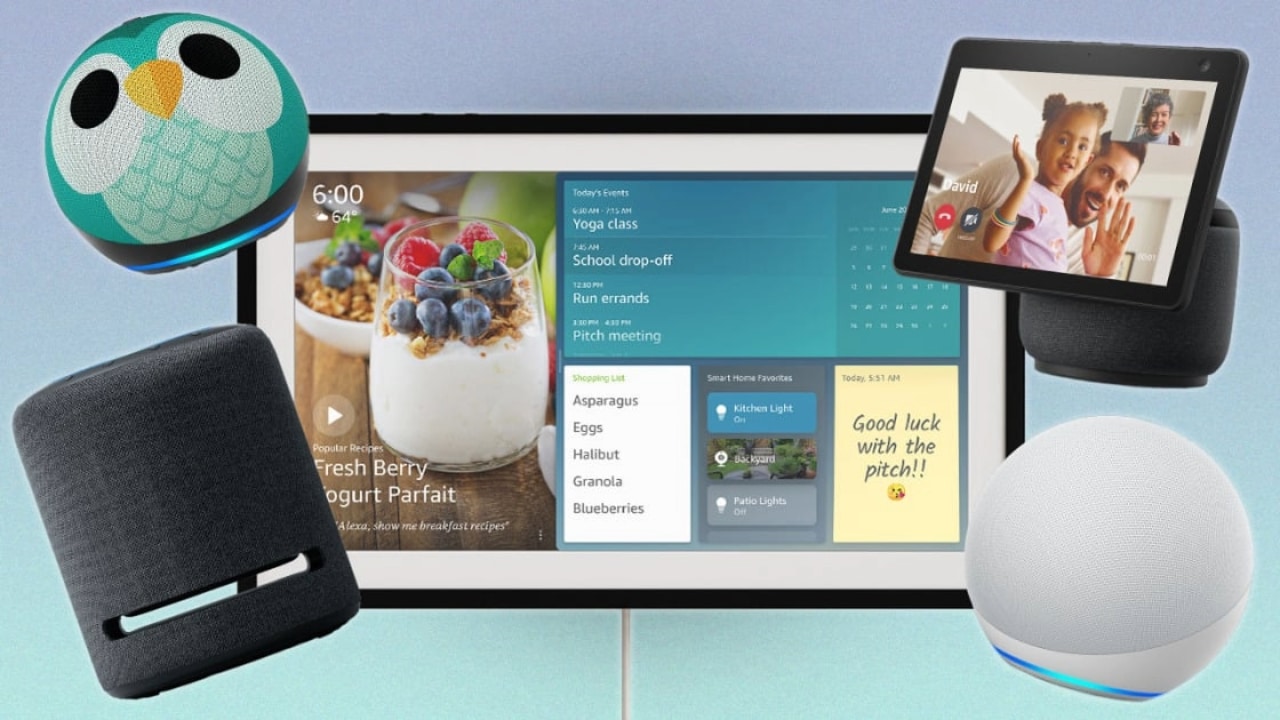A Alexa, conhecida por sua eficiência e conveniência, também se destaca como uma ferramenta de acessibilidade significativa. Para pessoas com deficiências ou limitações físicas, a Alexa oferece uma nova camada de independência, facilitando o acesso a tecnologias e informações. Este texto aborda como a Alexa está ajudando a promover a inclusão e a acessibilidade.
1. Controle de Voz para Autonomia
Para indivíduos com mobilidade reduzida ou deficiências físicas, a Alexa permite o controle de dispositivos domésticos através de comandos de voz. Isso reduz a necessidade de interações físicas, proporcionando uma maior autonomia e independência no dia a dia.
2. Leitura de Tela e Informações
Pessoas com deficiência visual podem se beneficiar enormemente da capacidade da Alexa de ler textos em voz alta. Seja lendo livros, jornais, ou simplesmente navegando na internet, a Alexa transforma a informação escrita em falada, permitindo que usuários com deficiência visual acessem conteúdo de forma independente.
3. Integração com Dispositivos de Acessibilidade
A Alexa pode ser integrada a uma variedade de dispositivos de acessibilidade, como alarmes visuais para pessoas com deficiência auditiva e sensores de movimento para quem tem limitações físicas. Essa integração ajuda a criar um ambiente doméstico que suporta as necessidades de todos os seus habitantes.
4. Suporte a Habilidades de Vida Diária
A Alexa pode ajudar pessoas com deficiências cognitivas ao oferecer lembretes para tarefas diárias, como tomar medicamentos, consultar agendas e realizar tarefas domésticas. Ela pode ser configurada para oferecer instruções passo a passo, auxiliando na manutenção da rotina diária e no aprendizado de novas habilidades.
5. Personalização e Aprendizado Adaptativo
A tecnologia de aprendizado adaptativo da Alexa permite que ela se ajuste às necessidades individuais dos usuários. Isso inclui ajustar o volume, a velocidade da fala, e personalizar respostas com base nas interações passadas, o que é especialmente útil para pessoas com deficiências de aprendizagem ou dificuldades de comunicação.
6. Promoção da Inclusão Social
A Alexa também pode ser uma ferramenta valiosa para promover a inclusão social, facilitando a comunicação e o contato com amigos e familiares, e permitindo a participação em atividades comunitárias e eventos sociais, tudo isso através de simples comandos de voz.
7. Acesso Facilitado à Tecnologia
Por fim, a facilidade de uso da Alexa faz dela uma porta de entrada acessível para a tecnologia, especialmente para aqueles que podem se sentir intimidados por interfaces mais complexas. Isso democratiza o acesso à informação e à tecnologia, tornando-as disponíveis para um público mais amplo, independentemente de suas habilidades físicas ou cognitivas.
Em conclusão, a Alexa é mais do que apenas uma assistente virtual; ela é uma ferramenta de acessibilidade que transforma vidas, proporcionando independência, autonomia e inclusão para pessoas com diversas necessidades. À medida que a tecnologia evolui, o potencial da Alexa para apoiar ainda mais a acessibilidade só tende a crescer.



